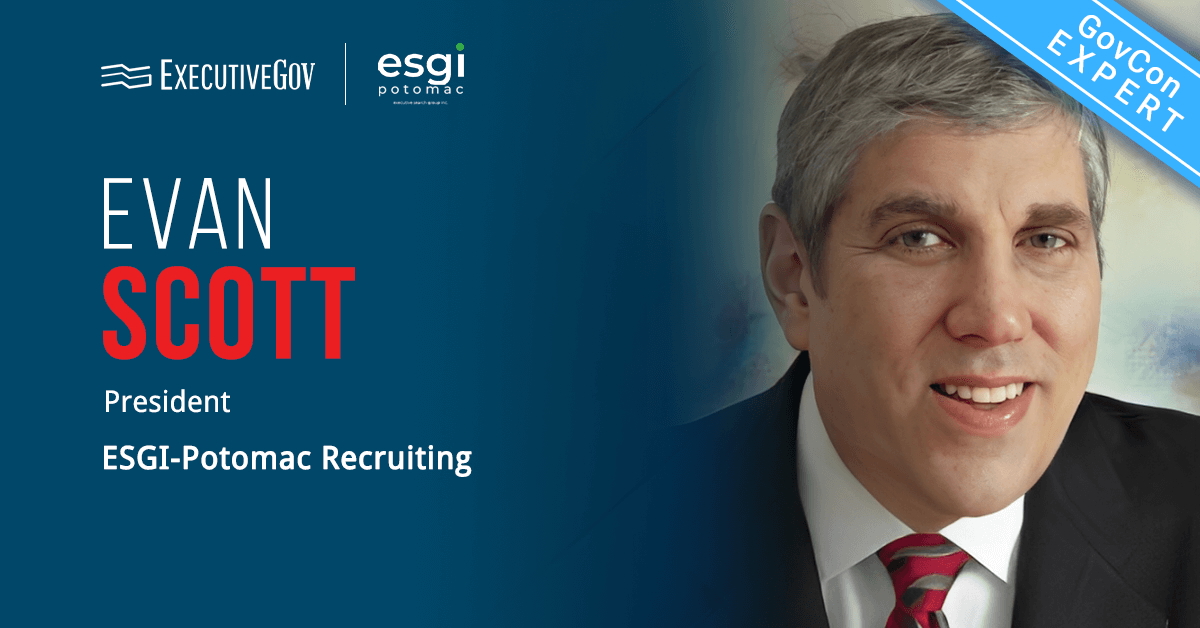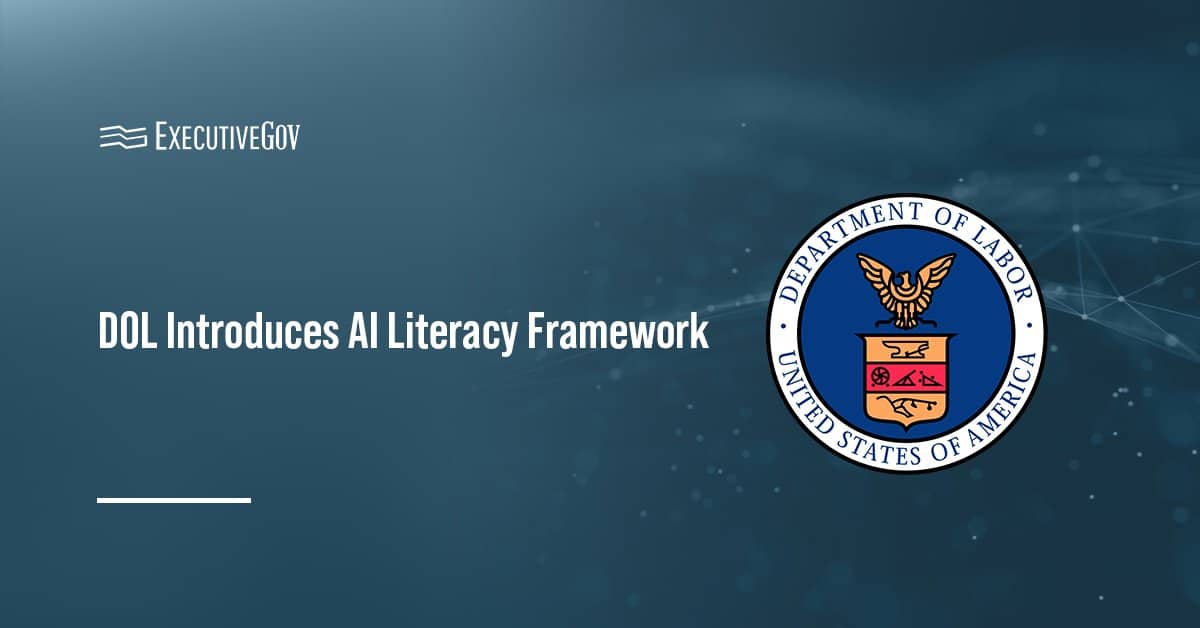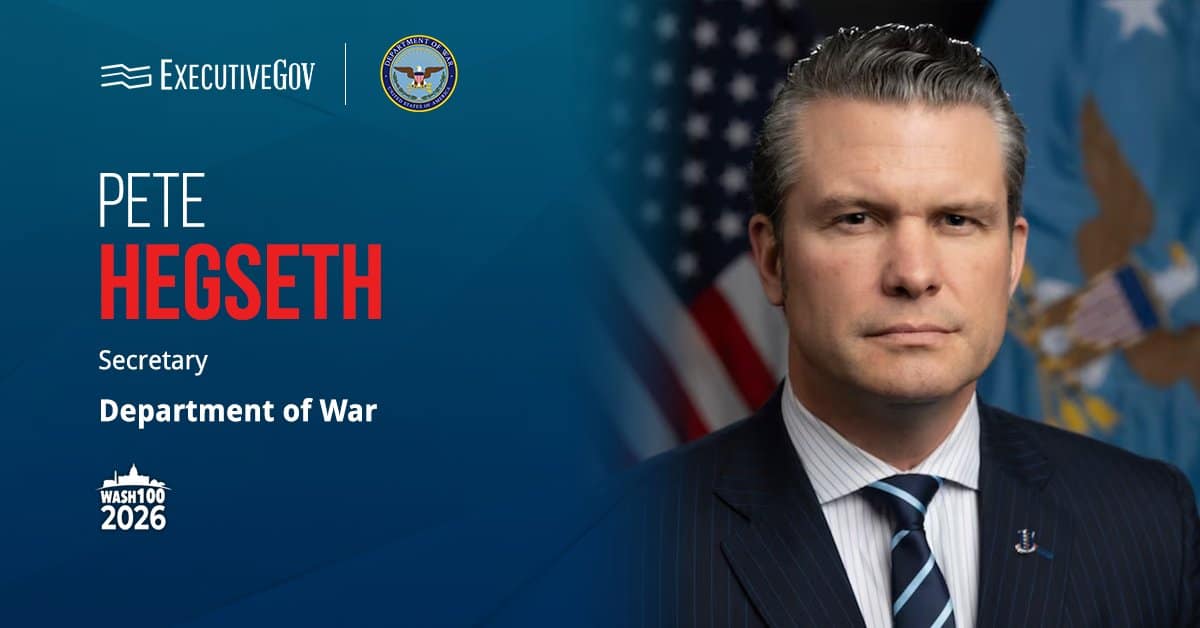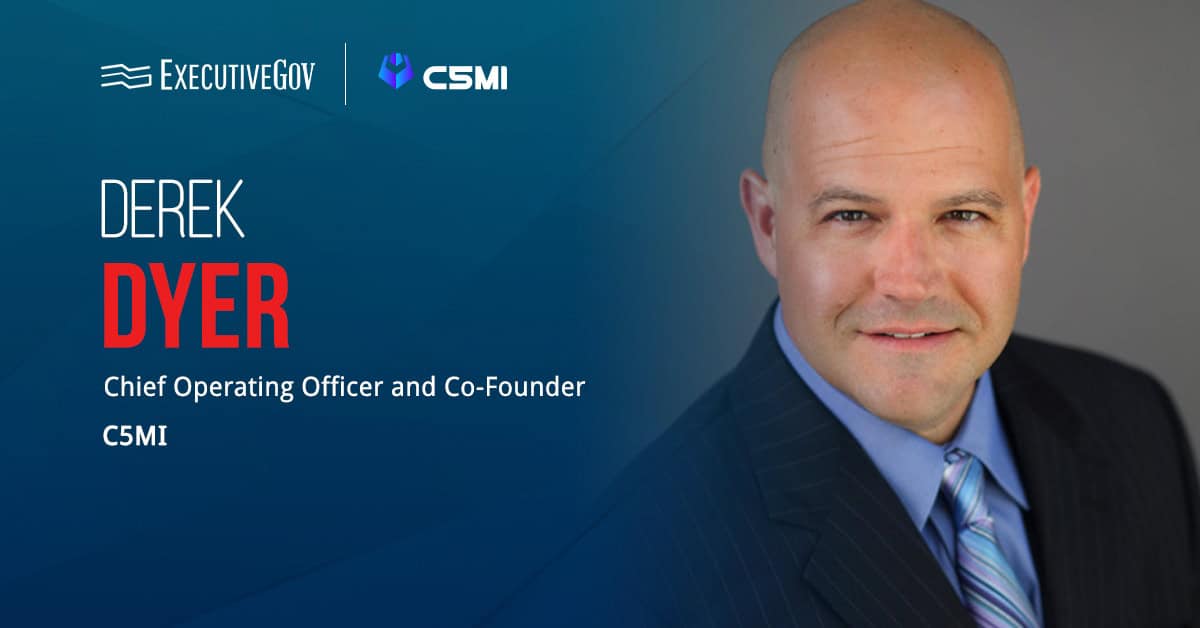By Evan Scott, president, ESGI-Potomac Recruiting
Not long after I began my career as an executive search professional for federal contractors 25 years ago, I started to notice an unfortunate trend: People who have served in the U.S. government or military are often unprepared to begin a second career in the private sector. And that seems to have nothing to do with how successful they have been in their public service careers or how capable they are at what they do. There are a number of factors that contribute to the challenges in making this dramatic transition, and understanding those factors is the first step in addressing them.
Table of Contents
Challenges in Making the Jump
At the center of the problem is the profit motive. People in the public sector do not have to produce revenue every year, nor is their income dependent on results. This is one of the biggest obstacles facing those who are leaving the public sector for private industry. No matter the type of position pursued, one must consider that every company exists to make a profit. The various cultures are driven by executives who want to build their careers and have multiple motivations. These companies are mission driven, with a goal of bringing the best solutions to their customers while winning programs. It is all about profit. Those who have spent their careers in the public sector are not used to the pressure of producing revenue, and therefore they have a difficult time demonstrating success in that area. They can easily point out their leadership strengths and subject matter expertise, but when it comes to demonstrating their successes, they are at a disadvantage, simply because they have never had to quantify their effectiveness in that regard.
One great example is leadership roles. We work with many high-ranking military folks who have led hundreds of people. The private sector respects this but does not view it as a guarantee of success. Unlike the command-and-control environment, the private sector relies on individuals who can motivate teams who might not choose to follow. Many would argue that leadership in the public sector does not translate to the private sector.
Potomac Officers Club events are a great place for meaningful dialog between the public and private sectors. Be sure to register and attend for POC’s upcoming 2025 Digital Transformation Summit, which is set for Thursday, April 24 and will host top leaders from the CIA, DOD, Department of the Navy and more to speak directly to the contracting community about cutting-edge tech.
As a result of this misconception, the résumés of those coming out of the military often fall short of what prospective private-sector employers are searching for, and they often don’t even get called for an interview. Even when they do manage to score an interview, it’s difficult for them to discuss how they can help the employer achieve their mission of increasing profits. I’m not saying they aren’t equipped to do that or that they wouldn’t be successful at it; I’m just pointing out how hard it is to convince a prospective employer of that without a proven track record.
While it is a challenge to leave public service to explore private sector opportunities, it’s not an impossible endeavor. And I’ve found in working with these individuals that there are a number of considerations that can help in the process.
Steps to Private Sector Success
Focus on the Positive
Since it’s hard to quantify in dollars and cents what you’ve accomplished in government or the military, focus on what you’re good at, what you really enjoy doing and how you think this will apply to a company. There are many common themes that we hear all the time, such as: I like to manage people, I am comfortable in an operations role and I want to work with great people. Do you have an aptitude for technology? How about finance and running complex programs? Do you enjoy working with customers and helping them solve big problems? Are you comfortable asking for business?
Be Aware of the Various Career Tracks Available
There are several roles you might pursue; the functional area will depend on your strengths and weaknesses. But here are some of the in-demand positions:
- Business development: This position calls for individuals with good relationships and the ability to sell and close deals.
- Program manager: This involves working on specific programs and requires strong organizational skills and a thorough understanding of pricing and customer requirements.
- Capture manager: This is a key position upon which everything hinges. A good capture manager must know how to upsell and qualify programs their company wants to pursue.
- Proposal manager: This is a position that demands excellent writing skills and attention to details. It’s not for those who shy away from hard work.
Put Together a Winning Résumé
As someone who has worked in recruiting for many years, I can assure you that your résumé is a 10-second event for a prospective employer. You can (and should) spend a lot more time than that writing it, but that time you put in is only to ensure that the 10 seconds the employer spends on it winds up getting you an interview. Here are some specific tips:
- Keep it short and sweet. Your résumé should be no more than two pages, highlighting the skills you have that will translate over to the private sector.
- Place the most important information at the top. Remember, you have 10 seconds to get their attention. What you are doing presently and for whom is what they are most interested in.
- Hire an expert. It’s worth the investment to seek help from a résumé professional, whether that be a recruiting firm or a writer who specializes in résumé creation. This piece is what will make or break your chances of being considered for a job.
Pursue Tier-one or Blue-chip Companies
Large, financially sound, industry-leading companies can afford to hire individuals and train them, and getting paid to be trained is not a bad deal. Smaller businesses do not have the resources to support senior-level roles and can only hire those who they feel will generate revenue quickly. As we all know, nothing moves fast in federal contracting.
Network
Reaching out to people who have already made the jump is a great way to gain insight. This is also smart networking. Use LinkedIn as a networking tool. Speak with people who understand the business and can point you in the right direction. Ask them for introductions and then prepare yourself for the interview process. You can also ask people in your family and friends circle their opinions about the types of positions for which they think you are well suited.
Do Your Research
Do a lot of research on the company you are interviewing with and the individuals who are making hiring decisions. Keep in mind every company wants to hire people with strong contacts who they feel can get them in the door. Do not oversell your relationships but rather focus more on the mission of each company. What does the future look like and how will technology impact mission success?
Be Flexible
Keep your mind open to learn about new opportunities. Ask good questions and stay focused on the company you are meeting with. Do more listening than talking and do not feel you need to sell yourself.
The bottom line is that finding a second career after having been successful in the public sector can be a daunting process. The positive here is that most people who have done well in the public sector also tend to do very well in the private sector. Being smart, inquisitive and not afraid of hard work leads to a high probability of success in any field. It’s just a matter of convincing employers that’s the case. Recognize that the first job you have might not be the last. As you move through your career, there will be many unexpected opportunities that will come your way. Be open to taking advice from people you trust and stay focused on making a difference.
Advice on Public-Private Transition
“The biggest challenge was probably understanding where I could be of most value to my company and industry. I talked to many people who had made the move … and most everyone had struggled with how they fit into the new environment and if they would be successful.
I believe the intent of most everyone is to bring value to the team. The problem is how to translate the value you once brought to government to industry. There are a lot of differences between government and industry … different lexicons, different levels of support, different expectations on providing feedback, etc. When new to industry, these differences make it challenging to understand how things are going and if you’re bringing value to the team and making a difference.
I think what made me successful was that I wasn’t fearful to ask to be part of meetings, seek out feedback, work across functions and operations that I wasn’t familiar with, and learn new processes. Also, I learned to be OK with not receiving immediate feedback all the time and trust that I was bringing value to the team, especially if things were going as planned.”
– Christy Wilder, chief security officer, Peraton
“One of the biggest challenges for me when transitioning from the military into civilian life was translating the experience I had gained in the military to the civilian world. While I performed many of the same functions in the military as my civilian counterparts, at times I lacked the certifications required for civilian positions. Also, when transitioning to the civilian world, military members have to learn that they can only work 40 hours a week as directed by contracts versus what they are used to in the military!”
– Bryan Bearden, chief operating officer, Sumaria Systems
“The transition between presidential administrations heralds a dynamic realignment of human capital, strategic investments, and national priorities. This recalibration unleashes a transformative wave of talent redistribution, empowering individuals to embrace new opportunities and align with renewed purpose. The synergistic interplay of government workforce restructuring, robust public-private partnerships and the seamless integration of commercial off-the-shelf solutions will catalyze innovation and resilience, ultimately fortifying the nation’s economic and operational vitality.”
– Jim Garrettson, CEO of Executive Mosaic and founder and president of Potomac Officers Club
“Dedicate quiet and reflective time to determine what you need now before you start your job search. Make sure you ‘pressure-test’ your answers with your spouse or partner. Their perspective is critical to landing in the right place. Be prepared for unexpected surprises as you prepare to transition. Hire a professional (especially if it’s outside your professional wheelhouse) and let them guide you to a successful offer.”
– Cedric George, vice president, MetroStar
Evan Scott has been in the retainer-based executive search profession for 35 years. He founded ESGI in 2000 with the express purpose of helping federal contractors find and hire senior-level talent. As a way to give back to those who have served our country, he also works with individuals who are seeking to make the transition from public service to industry. He does this on a pro bono basis and has helped many people over the years to find their next career opportunities. ESGI recently merged with Potomac Recruiting to expand its reach into the federal contracting community. You can contact Scott at escott@evanscottgroup.com.






